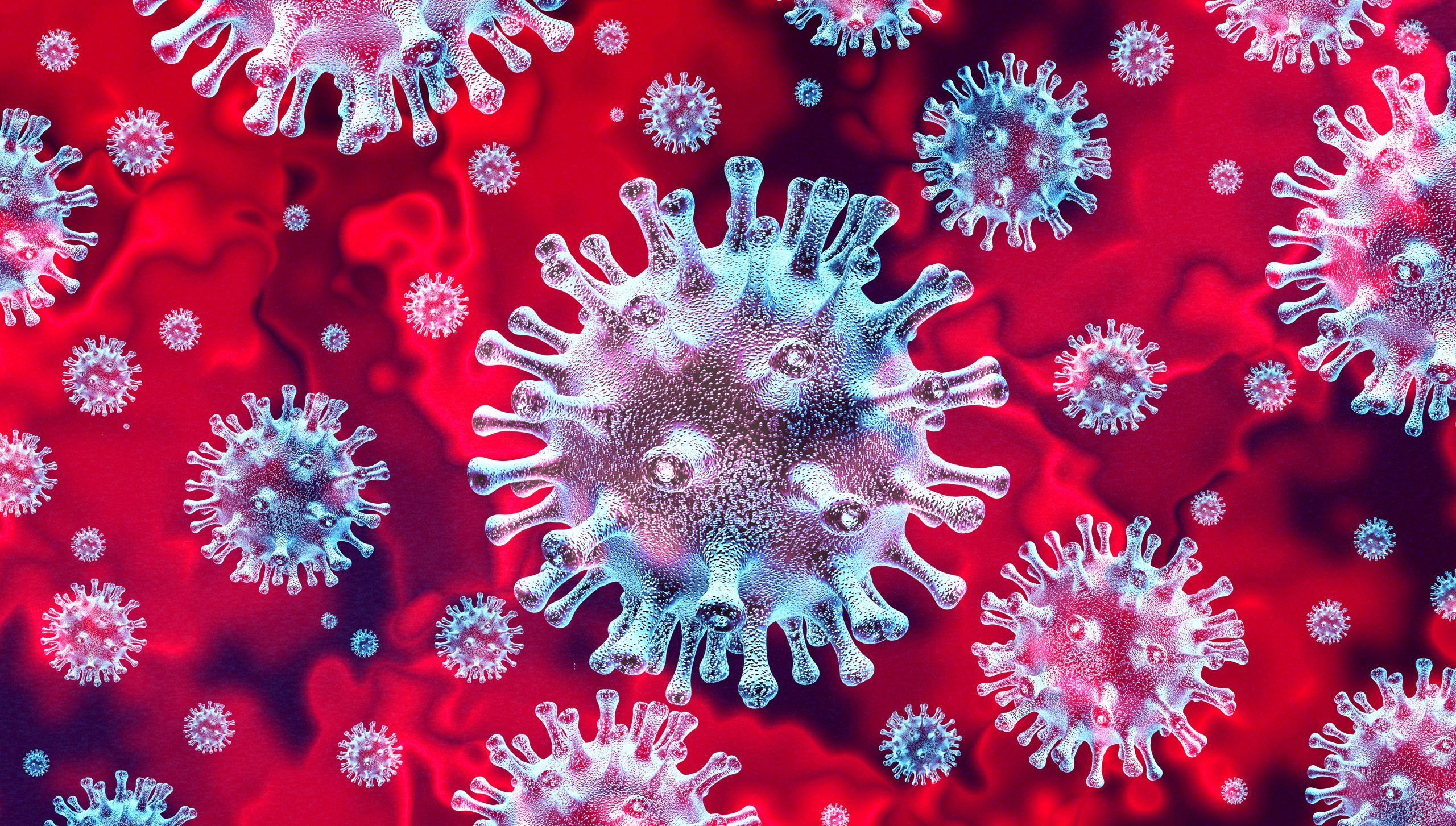As the world continues to grapple with the biggest health emergency we have faced in decades, Swedish researchers have discovered that even people with mild Covid-19 infection may still produce a robust immune response.
The cohort study published in the journal Cell, looked at the immune response of more than 200 people in Sweden across the full spectrum of Covid-19 exposure, infection and disease.
The researchers found that while the most severe cases produced the biggest immune responses, they also found that those who were exposed or who had a mild Covid-19 infection still displayed a SARS-CoV-2-specific memory T cell response, and sometimes in the absences of SARS-CoV-2-specific antibodies.
SARS-CoV-2 is the virus that causes Covid-19.
The authors are now interested in determining if the memory T cell response is a significant immune component to prevent recurrent episodes of severe disease.
“In the absence of a protective vaccine, it is critical to determine if exposed or infected people, especially those with asymptomatic or very mild forms of the disease who likely act inadvertently as the major transmitters, develop robust adaptive immune responses against SARS-CoV-2,” says senior author, Marcus Buggert of the Karolinska Institutet.
“Our findings suggest that reliance on antibody responses may underestimate the extent of population-level immunity against SARS-CoV-2”, Mr Buggert says.
“The obvious next step is to determine whether robust memory T cell responses in the absence of detectable antibodies can protect against Covid-19 in the long term.”









